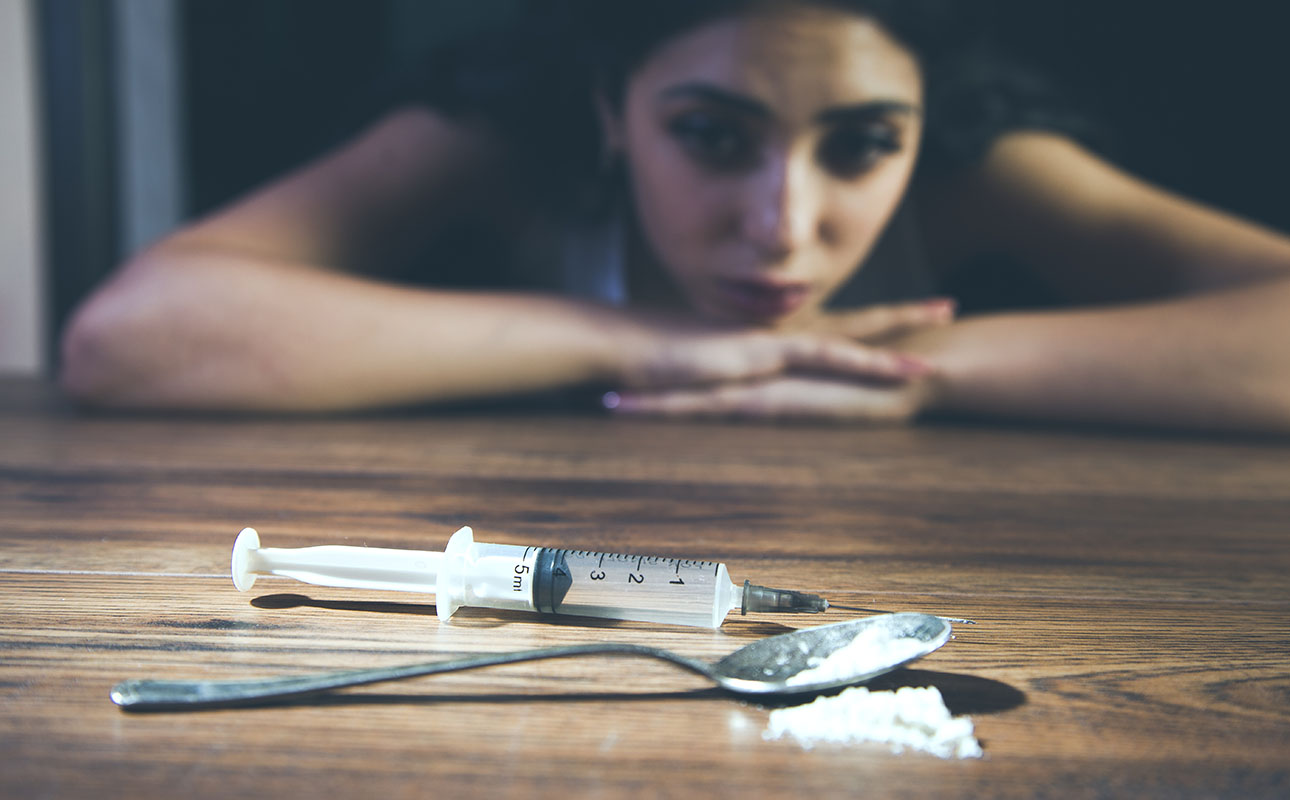Addiction recovery for most people comes with its own challenges. It can be stressful particularly if you are new to recovery as you will have to deal with constant cravings, cleaning up your addiction wreckage, and rebuilding relationships, all while trying to hang on to your new life in sobriety. Most parts of early recovery involve training you on how to cope with life struggles as a new way of dealing with addiction now that drug or alcohol use is no longer your option.
Doctors have to employ a wide range of skills and techniques to develop a personalized, well-rounded treatment plan. A great example of these techniques is meditation. If you just started your recovery journey or have been sober for a while but still struggle with addiction, consider practicing meditation to help you deal with depression, anxiety, and stress.
What Is Meditation?
Meditation is an alternative approach to addiction recovery that focuses on mind and body concentration with the goal of inducing relaxation and serenity. Meditation involves being mindful of your feelings, thoughts, and sensory experiences in the present surrounding. There are many ways of meditating, and methods differ based on the individual. It can be done in groups, alone, in silence, or with music and in a calm, serene area.
You also do not need to set timers to meditate. If you are a beginner, you can start meditating for a few minutes and work yourself up to longer sessions. You also do not need to be spiritual to participate – it is not a prayer session.
How Is It Useful in Addiction Recovery?
Meditation carries a significant value for individuals recovering from addiction to drugs and alcoholism. Generally, meditation promotes a sense of inner peace and calmness, improves mental health functioning, increases self -awareness and helps detect impulses and thoughts that make you have cravings, hence preventing relapses.
Improves self-esteem and acceptance
You are more likely to be harsh on yourself than on others, especially when you are on your journey to addiction recovery. Being mindful in meditation encourages attentiveness and observation of your feelings and thoughts, making it easier to be patient with yourself. After a few meditation sessions, you will be able to treat yourself better with the same acceptance and patience that you would likely extend to others in similar situations.
Improved mental and physical health
Meditation is not only good for your mental health but also excellent for physical fitness. When you develop self-awareness through meditation, you are likely to experience a positive impact on your anxiety and stress levels, which can significantly reduce the chances of developing medical-related illnesses like hypertension and heart problems. It has also been found to improve sleep quality.
Increases attention and resilience
Being mindful means not dwelling in the past or worrying about the future, but concentrating on the present. Mindful meditation helps you enjoy the current moment without getting distracted by the situation around you. People who practice meditation as a way of assisting them to cope with the symptoms of addiction recovery are known to be resilient. They have the power to bounce back even after a challenging situation, adapt to the new changes around them, and enjoy their new life in sobriety.
Tips to Get You Started
If you have never practiced meditation before, you may find it strange at first, but when you learn to be mindful and aware of your senses, thoughts, and feelings, you will reap wholesomely the rewards that come along with it. The practice will help you in your recovery journey and throughout your new life. You don’t need to be a pro to start meditating; you can begin with simple meditative exercises as you learn which ones work best for you. Here are a few tips you can use:
- Progressive muscle relaxation: To bring awareness to every part of your body, you need to have your muscles relax from head to toe progressively.
- Breathing practice: Relax and breathe naturally while focusing on inhalation and exhalation.
- Mantra-based: This form of meditation involves repeating a phrase or word out loud or internally. This helps to bring your mind back to meditation in case it wanders, and you lose attention.
- Movement meditation: This involves incorporating physical activities such as hikes, yoga, walking, or surfing while still being mindful of your body movements.
Meditation is a personal treatment plan. That means that what may work for you may not work for someone else. Trying new techniques is the best way to identify which ones work best for you.
Let Us Help You
If you or a loved one is struggling to stay sober, it is essential to seek professional help from a holistic rehabilitation program like Soba Recovery Center. At Soba, we are a certified luxury detox and drug rehab program. Our expert doctors will review your medical history, ask you a few questions about yourself, the substance you have been abusing, and how long you have been abusing it to help us come up with a personalized treatment plan. To learn more about our services and how we can best help you, please contact our recovery support specialists today! We hope to hear from you soon.









